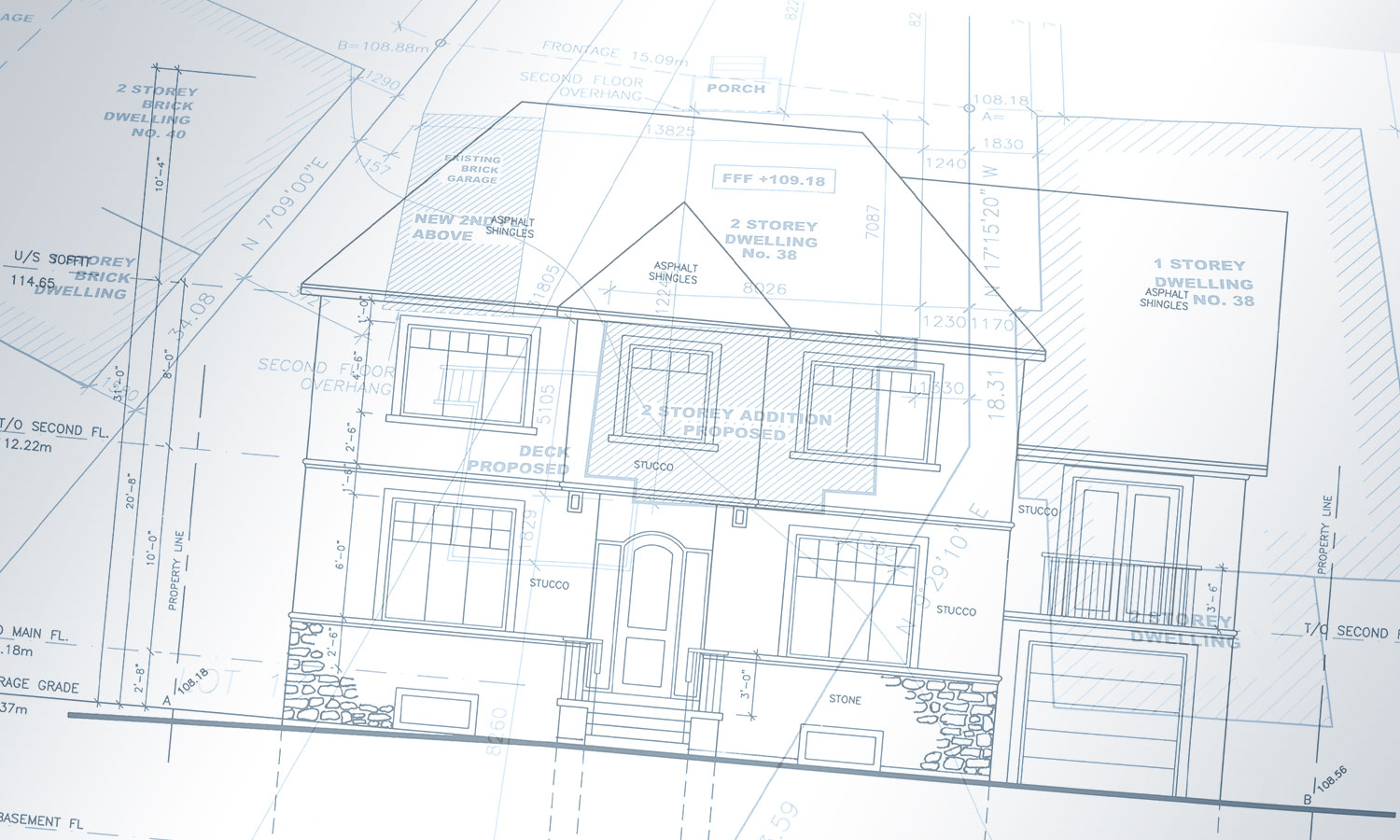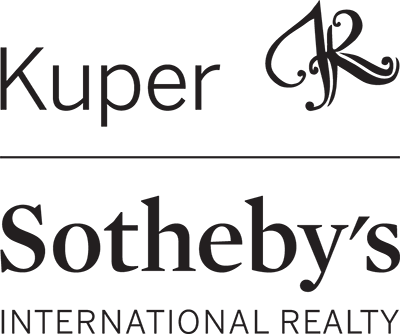Tips for Rookie Homebuyers: How to Avoid Common Mistakes
Most new homebuyers have big dreams for their first property purchase. Perhaps you envision a large suburban home. Or maybe a cozy condominium in a tall high-rise. Although clicking through real estate listings can be fun, purchasing and owning a home is a major financial investment. And that’s why it's smart to anticipate and avoid common rookie buyer mistakes.

To help you avoid costly errors in judgment driven primarily by emotion — or a fantastic eat-in kitchen, review the following common mistakes real estate rookies make and then map out a game plan to sidestep them.
Mistake #1: Not understanding the homebuying process
There are many steps to buying a home,1 and there can be some variance from buyer to buyer. Generally speaking, however, you can expect to:
- Work with a mortgage lender to select a financing option that’s right for you, based upon your budgeted down payment and potential closing costs.
- Secure a mortgage prequalification or preapproval to determine how much house you can afford.
- Select a real estate agent, preferably a trustworthy professional who understands your targeted neighborhood(s), has strong negotiation and marketing skills, and appears dedicated to helping you meet your goals.
- Research and tour homes and neighborhoods with your agent.
- Make an offer on a home through your agent.
- Negotiate the price and terms with the seller2 (if necessary). If an agreement is made, choose a closing date and select a title company.
- Secure a home inspection and appraisal3 to determine the condition and value of the property.
- Request repairs or credits based upon inspection and/or appraisal.
- Buy homeowners insurance.
- Conduct a final walk-through4 to confirm that any requested repairs have been completed.
- Close on your new home.
Mistake #2: Trying to buy a home without help
As tempting as it can be to go it alone when buying a home, the truth is that real estate professionals are uniquely prepared to help you get answers to tough questions, stay focused on your goals (and budget!), and connect you to resources and individuals who can help you reach closing day.
Most buyers can anticipate engaging with the following real estate professionals on the road to closing day:
- Real estate agent
- Mortgage loan officer
- Escrow officer
Depending upon your financial situation, your team may also include an attorney, accountant or financial advisor, too.
»Tip: In the market for a premium home? There are special considerations that first-time luxury homebuyers will want to contemplate, even if they’ve bought a home in the past.
Mistake #3: Letting your emotions lead
Imagine stepping into a beautiful home during an open house on a sunny Sunday afternoon … and immediately falling in love. Overhearing other buyers talking with the listing agent about the property, you decide to make an offer right away, over and above the asking price — and beyond your budget.
Later, however, you discover that the house and the price point don’t align well with each other or your pocketbook, which leads to disappointment and frustration.
Because homebuying can bring forth strong emotions, it’s helpful to have a real estate agent beside you. They’re helpful sounding boards throughout your realty journey, providing you with insights, analysis and perspectives honed from years of working in the industry.
Together with your mortgage lender, an agent can help you keep on budget, too.
Mistake #4: Skipping the loan prequalification
It’s generally recommended that buyers secure a prequalification or preapproval letter from a mortgage lender prior to reaching out to a real estate agent.
Yet many first-time buyers start the search process by talking with an agent. Since experienced agents are well versed in the homebuying process and typically have contacts with mortgage lending and title companies, that’s arguably an acceptable route to take.
Just remember that a seller is more apt to take you seriously with a prequalification letter. Why? Because it’s a formal assurance from a trustworthy third party that you have the income and/or assets to close the deal.
Without one, you may have a tough time getting any offer accepted.
Mistake #5: Emptying your savings
Although typically a sizable chunk of change, a home’s down payment can prove to be just the tip of the iceberg when it comes to what you’ll spend when purchasing a home. And, if you commit too much of your savings to the down payment, you may find yourself scrambling to pay other costs.
As you gear up for your realty search,5 consider all other costs associated with buying a home:
- Loan origination fee: Also called a mortgage origination fee,6 this is what a lender may charge to set up your home loan.
- Escrow account: Your lender may ask that you place money in an escrow account7 to cover miscellaneous expenses (including mortgage insurance) upfront.
- Earnest money: Spelled out in the contract that both parties sign to indicate a sale will take place, earnest money8 is the term for funds that the buyer puts up to demonstrate to the seller that they are serious about purchasing the property. Once you’ve closed on the home, the money is returned to you. If, however, you opt to back out of the deal, you cannot get the money back.
- Home appraisal: Useful to both buyers and mortgage lenders, this review of the property by a professional appraiser9 is done to ensure there are no obvious safety problems or structural issues that could undermine the home’s presumed fair market value.
- Home inspection: A qualified inspector will look at the home’s general condition,10 identifying items that may need repair. Based on this information, the buyer may try to negotiate for the seller to cover some of the costs identified in the inspection.
- Closing costs: Buyers and sellers typically negotiate11 who will pay what costs on closing day. Pest inspections, property taxes, homeowners insurance and private mortgage insurance as well as the title search and insurance may be included in closing costs.
Finally, don’t forget essentials related to the setup of a new household such as school taxes, moving expenses, landscaping and even household essentials like appliances, cleaning materials, and so forth.
The takeaway
Buying a home comes with many decisions and lots of emotion, especially if you’re a real estate rookie. If you’re mindful of the process and partner with professionals who understand the industry and your local market, however, you’ll be prepared to knock your first home purchase out of the park.
Whether you’re planning to sell or buy a home soon, remember that Kuper Sotheby’s International Realty — RBFCU’s preferred real estate partner — is here to help you move beyond your expectations to provide an extraordinary real estate experience.



.jpg?sfvrsn=53ffb2a8_4)

